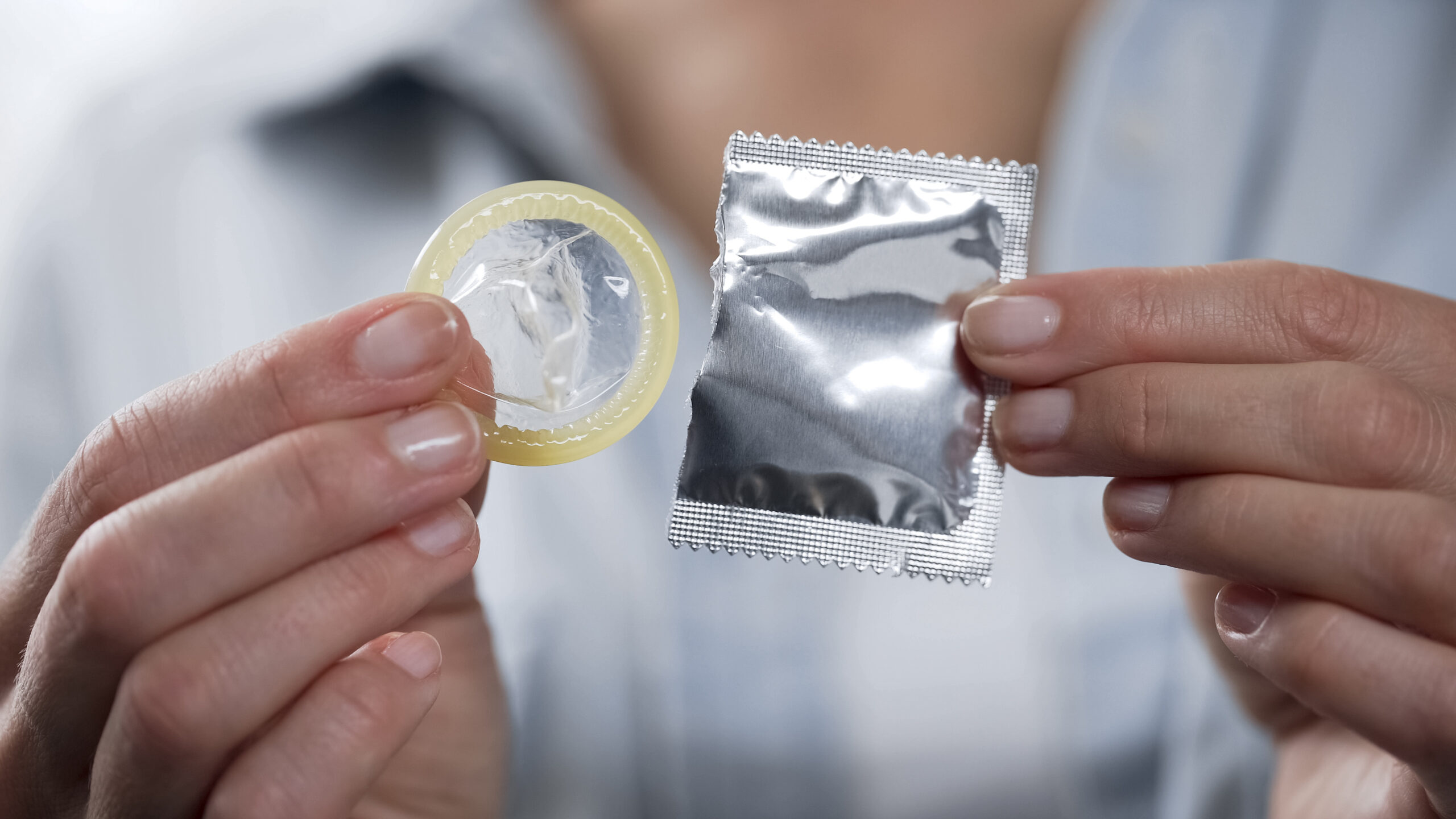« Le ‘stealthing’ décrit l’acte de tromper, lors de rapports sexuels, volontairement sa ou son partenaire sur le port d’un préservatif. Il s’agit plus précisément d’un retrait dit « furtif » du préservatif. Cette pratique est connue depuis un moment et est désormais considérée courante.
Outre l’humiliation des victimes à travers l’abus de confiance par le retrait non-consenti du préservatif, le ‘stealthing’ entraîne un grand nombre d’autres risques non-négligeables, tels des grossesses non-désirées ou la transmission d’infections et maladies sexuellement transmissibles.
L’article 375 du Code pénal luxembourgeois considère comme viol, « tout acte de pénétration sexuelle, de quelque nature qu’il soit et par quelque moyen que ce soit, commis sur une personne qui n’y consent pas, notamment à l’aide de violences ou de menaces graves, par ruse ou artifice, ou en abusant d’une personne hors d’état de donner un consentement libre ou d’opposer la résistance. »
Le ‘Strafgesetzbuch’ allemand a été modifié en 2016 de façon à ce que l’application de violence, de force ou de menaces n’est plus un élément matériel de l’infraction du viol. En décembre 2020, le Danemark a également voté une modification de la loi qui reconnaît que la passivité d’une personne ne peut pas être considérée comme unconsentement. La dynamique en faveur d’un tel changement s’accélère dans d’autres pays qui s’apprêtent également à modifier leur législation.
Dans ce contexte, j’aimerais poser les questions suivantes à Madame la Ministre de la Justice :
- Combien de plaintes pour viol ou tentative de viol ont été déposées au Luxembourg les cinq dernières années ? Combien de condamnations pour viol ont été prononcées lors de la même période ?
- Le phénomène du ‘stealthing’, existe-t-il aussi au Luxembourg ? Dans l’affirmative, dispose-t-on de statistiques à ce sujet ?
- La définition du viol doit-elle être revue dans le but d’élargir les éléments constitutifs du viol à d’autres ingérences possibles à l’instar des exemples allemands et danois ? Ou alors, faudrait-il le cas échéant créer une nouvelle infraction pénale ? »
Answer
The phenomenon of “stealthing” is known to the Police, in particular to the specialized investigators from the respective Police Service. However, the phenomenon is not identifiable in police statistics due to the lack of a specific criminal qualification. “Stealthing” is not a legal concept and does not appear in the Criminal Code. All cases of non-consensual intercourse, since the 2011 legislative reform, fall under article 375 of the Criminal Code. The reasoning of this article can be extended to the practice of “stealthing” – the offense of rape can be accepted, subject to proof of the criminal intent of the perpetrator. It could be added that if the perpetrator transmitted a disease during unprotected intercourse, “stealthing” could also fall, where appropriate, under the qualification of intentional assault and battery, or even voluntary administration of harmful substances.






